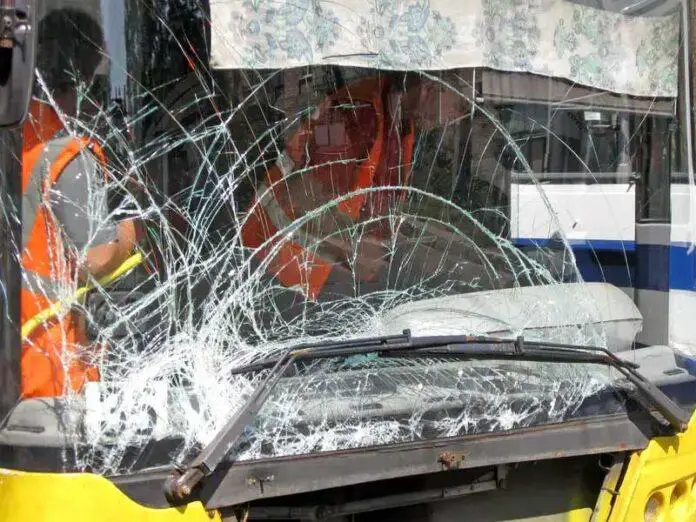An unfortunate accident took 28 Pakistani pilgrims’ lives when their bus overturned in Yazd, a central province in Iran, on the evening of August 21, 2024. The group of pilgrims was traveling to Karbala, Iraq, to participate in Arbaeen, a major religious event in Shia Islam.
The bus was transporting 51 passengers, most of them hailing from the southern Pakistani province of Sindh.
The accident not only resulted in 28 fatalities but also injured 23 others, further emphasizing Iran’s ongoing road safety issues. The country is infamous for its poor traffic safety record.
The bus had difficulty managing the steep roads in Yazd due to a technical malfunction in its braking system. This led to the driver losing control, causing the vehicle to veer off the road, overturn, and eventually catch fire.
A local traffic police official stated, “The brake failure and the driver’s inexperience with the road were major factors in the accident.”
The casualties included 11 women and 17 men, with 14 of the injured in critical condition. The deceased were individuals who had initiated the pilgrimage as an act of profound faith, but their journey ended tragically.
Through its consulate in Zahedan, Iran, the Pakistani government has been actively arranging for the repatriation of the bodies and providing necessary medical aid to the survivors. Pakistani Prime Minister Shehbaz Sharif extended his condolences to the affected families and wished the injured a quick recovery. “We mourn the loss of our brothers and sisters who embarked on a sacred journey but met with an untimely death,” the Prime Minister said in a public statement.
The Arbaeen pilgrimage is a significant annual event, attracting millions of Shia Muslims to Karbala to mark the 40th day of mourning for Imam Hussein, grandson of the Prophet Muhammad, who was martyred in the Battle of Karbala in 680 CE. Pilgrims from around the world travel long distances on foot or by bus to reach the holy city. However, the routes to Karbala, especially through Iran, are often dangerous, leading to frequent accidents during this period.
Iran is among the countries with the highest traffic-related death rates globally, with around 17,000 people losing their lives in road accidents annually. Factors such as weak enforcement of traffic laws, unsafe vehicles, and inadequate emergency services in rural areas contribute to this alarming statistic. Despite the United Nations’ involvement in projects aimed at enhancing road safety in Iran, progress has been slow.
In response to the accident, a spokesperson from Iran’s Ministry of Foreign Affairs expressed their condolences to the Pakistani government and the victims’ families. “We are deeply saddened by this tragic incident and are committed to ensuring that the survivors receive the best possible care,” they said.
Following the crash, local authorities and emergency services hurried to the scene to assist the injured and recover the bodies of the deceased. Pakistani consular officials were present at the site to coordinate the repatriation efforts and support the affected families. The injured passengers were transported to nearby hospitals, some of whom required intensive care due to the severity of their injuries.
As investigations progress, there are increasing calls for stricter regulations and improved safety measures to avoid such future tragedies. The frequency of these incidents casts doubt on the efficacy of current safety protocols and highlights the need for stricter enforcement of vehicle safety standards, especially for long-distance travel on challenging routes.

